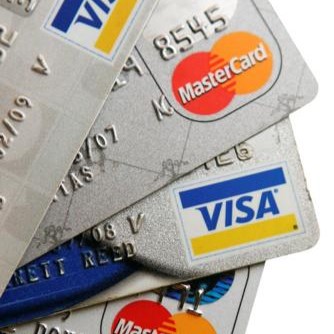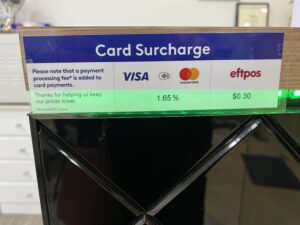
Under Australian Consumer Law, businesses imposing a surcharge on customers for using a credit card must adhere to the following:
- Transparency: Businesses must clearly disclose any surcharges to customers before they pay. This includes stating the percentage or fixed amount of the surcharge.
- Reasonableness: The surcharge imposed must be reasonable and should not exceed the actual cost to the business of accepting the payment method. Businesses are not allowed to profit from surcharges.
- No surcharge on debit cards: Businesses cannot impose surcharges on debit card transactions, including prepaid debit cards and Eftpos (Electronic Funds Transfer at Point Of Sale) transactions.
- Fixed surcharges: Businesses may impose a fixed dollar amount surcharge rather than a percentage-based surcharge as long as the amount is clearly disclosed to customers.
- Merchant fees: Businesses can recover merchant service fees charged by their financial institution for processing credit card transactions, but the surcharge must not exceed the actual cost incurred.
- No excessive surcharges: Surcharges should not be excessive, and businesses should regularly review and adjust their surcharge rates to ensure compliance with the law.
Suggested Customer Signage
Please note that a surcharge of [insert percentage or fixed amount] applies to all credit card transactions. We appreciate your understanding.

Alternative
Instead of charging a credit card surcharge, wash operators might consider incorporating credit card fees into overall pricing.
For example, advertise that your site does not charge credit card surcharges, making it more appealing for customers to use credit cards for transactions.
This approach might improve customer satisfaction and loyalty, as well as simplify pricing,
“As a service to customers, we do not charge any credit card surcharges at our car wash. Enjoy the convenience of paying with your credit card without any extra fees. Thank you for choosing [insert name of car wash].

